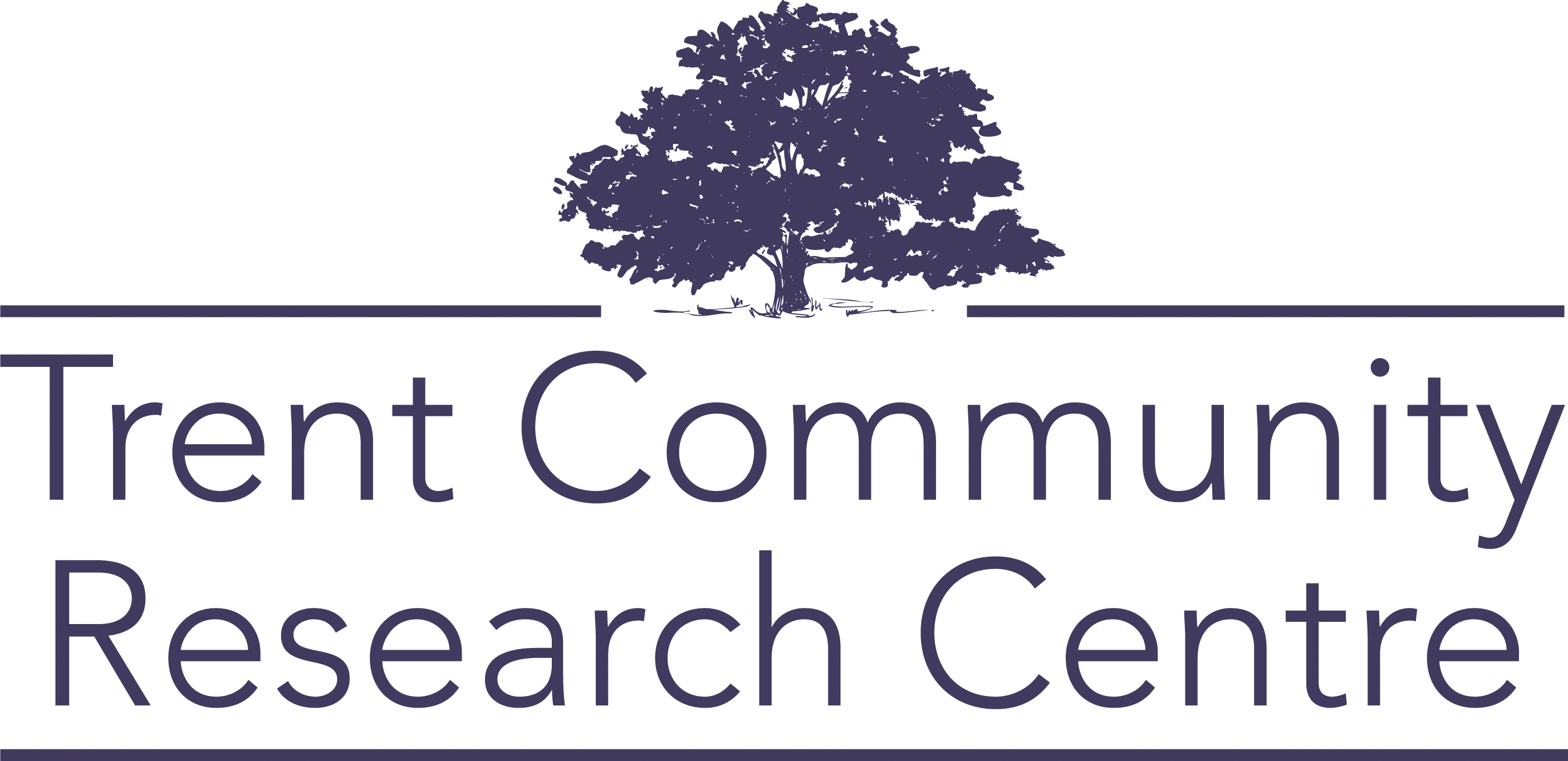Unit 1: Basic project management
This unit examines aspects of managing a community-based research project, including monitoring time lines, work plans, milestones, budgets, and keeping the team on track.
Unit 2: Working in Groups
This unit discusses why team work is important, the importance of clear roles and responsibilities, and what it means to work as part of a team to achieve research project goals. You will learn why teamwork is important, what teamwork looks like in community-based research, and how to overcome challenges when working in a group.
Unit 3: Negotiating Change and Challenges
In this unit, you will learn ideas for dealing with potential challenges before they come up, changes in focus and ideas, and new knowledge, all which could impact your project. Documenting project changes and challenges can help you grow as a researcher. Sharing the lessons you learn can help other student researchers with their own work.
Voices from the Field
Project Management
Case Study: Project Management
John is excited to be part of a year-long community- based research project studying the attitudes and perceptions that people in the region of Haliburton have toward renewable energy and climate change. The community organization is a long-standing and respected environmental group that has worked with John’s university many times before. The project also supports and complements work being done to develop a local municipal climate change plan. It’s work that John finds interesting and he feels like it’s making a difference. Plus, he’s hoping it will give him a leg up on his application to do a master in planning in the next year or two.
Despite his enthusiasm, John is frustrated with the how the project is moving forward. His challenge is that it’s a group project and, in forming the team, he and his roommate partnered with two friends from their intermural basketball team. The team had known each other since second year and got along well. But, where John is serious and keen on the project, his partners are only in the course because it’s a required credit. They’d rather be in a conventional course and write a lab reports, essay, and exams. Working with community partners takes more time that they want to spend on the course.
In hindsight, John wishes that he’d thought more about who he partnered with, and that they’d spent more time laying out their expectations, roles and responsibilities when the project was getting started. But the project is well underway and he needs to figure out some ideas for improving the performance of the group in completing the project.
- What are some things John might do to help his group work more effective together?
- Can you imagine any situation that John should go to the community group or the professor about the group dynamics?
- If John went to them, what do you think the community group or professor would do about the group dynamics?
Next Module: Case Study #1
Back to Main Page
Licensing

Except where otherwise noted, content on this site is licensed under a Creative Commons Attribution 4.0 License.
Where indicated, images, video, and audio have some rights reserved, and you must obtain permission from the copyright owner to use this material.






